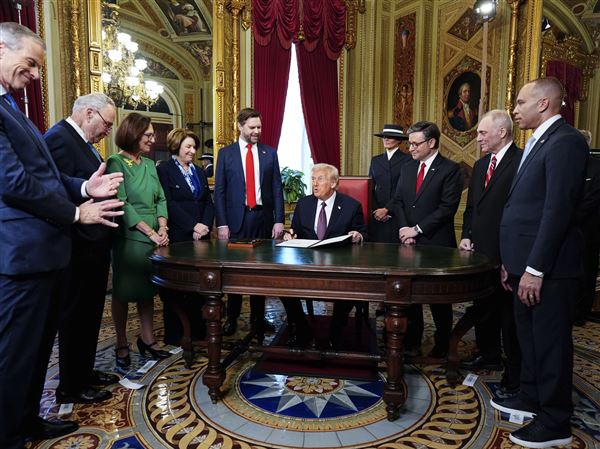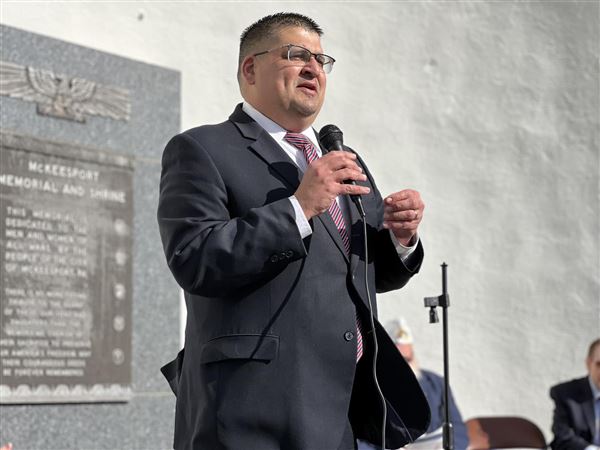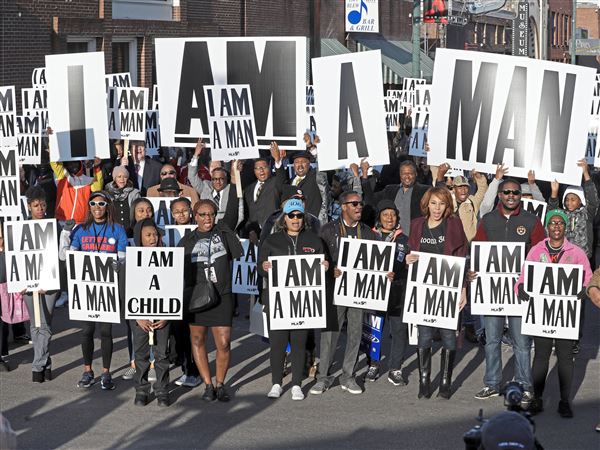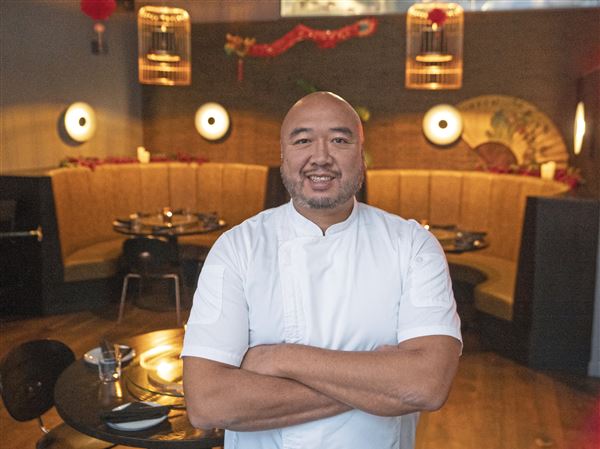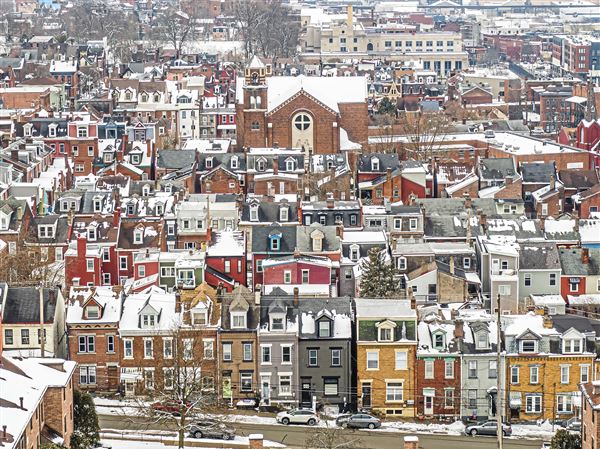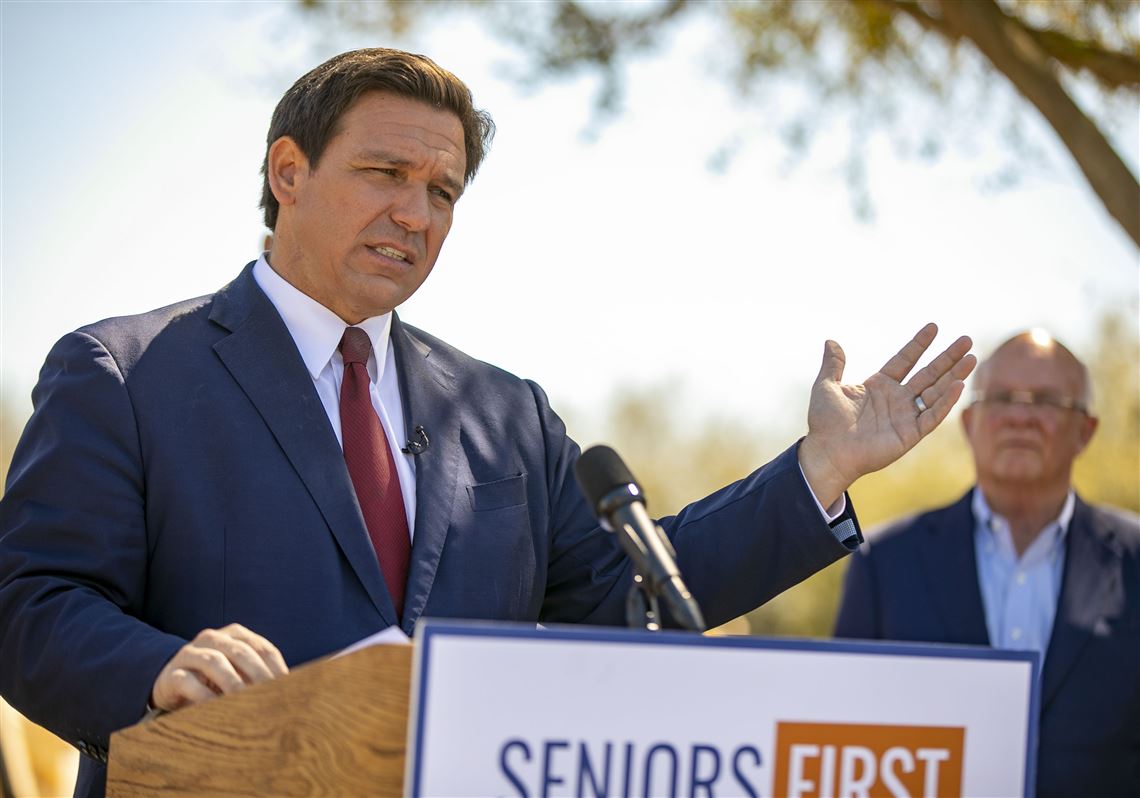VERO BEACH, Fla. — The Dodgers are long gone, having abandoned their onetime spring-training home here a dozen years ago. The snowbirds are flocking north, to New Jersey and Michigan as the springtime temperatures soar. But in this season of transition all eyes suddenly are on Florida.
This is the state where the masks hardly went on, the spring-break beach and bar crowds congealed, the governor erased the COVID sanctions. This is where Donald J. Trump retreated in denial and defeat. This is where two political figures from the same state, both with roots in the Senate might well compete for a single presidential nomination, a phenomenon not replicated since both Hubert Humphrey and Eugene McCarthy of Minnesota. This is the state where Ron DeSantis, maybe the nation’s most controversial — and perhaps the most visible — governor attracts attention north of Jacksonville and west of Pensacola.
For the first time since the country learned what constituted a dimpled chad and what constituted a hanging chad — a distinction on which a presidency rested two decades ago — Florida is central to American politics in a way that it never was when Andrew Jackson battled Seminoles here, Harry Truman and Richard Nixon had winter White Houses here, and John F. Kennedy and the Bush family vacationed here.
The two most important post-election Republican conclaves of the year have been here. The next Republican presidential nominee might have his base here. Only three larger states account for more political money than Florida, whose residents contributed $649.4 million in the last election cycle. And the population surge here likely will propel Florida from 27 members of the House to 29, with the result that the state’s electoral votes will grow from 29 to 31 for the 2024 presidential election.
But there is more: For a generation, California seemed to symbolize the future of American politics. Now a good case can be made for Florida, which, like California, once was on the periphery of our civic life and indeed was the smallest (and arguably the least consequential politically) of the Southern states.
The emergence of the centrality of Florida has Republicans gleeful and Democrats despondent, at least for the short term.
“Florida is always going to be competitive,” said Tony Fabrizio, a Republican strategist who was Mr. Trump’s pollster. “We won it the last two presidential elections, but races here are won by less than 3 points. A blowout here is 5 points. Florida is always going to be a state that may hold hope for the Republicans but wind up being catnip for the Democrats.”
Here, in a state no longer a state defined by Henry Flagler’s railroad and the Indian River region’s citrus groves, a fifth of the population was born outside the country and a third speaks a language at home other than English. Moreover, the 14% of Florida voters who are under age 30 — the future of the state — provided Joe Biden with a 60-38 advantage over Mr. Trump, and the next demographic slice, voters aged 30-44, split almost evenly. Mr. Trump’s strongest age group was those over 65.
“People who think that Trump winning here means Florida is a ‘red’ state are misleading themselves,” said Susan McManus, a University of South Florida political scientist. “The Democrats in Florida ran the worst campaign in 2020 in years. The demographics in this state just do not favor the Republicans long-term.”
Which is why the state — with its easy Southern traditions reshaped by retirees and wintertime refugees from the Midwest and Northeast — is a political Petri dish.
Mr. Trump remains in Mar-a-Lago retreat, emerging from time to time to roil the political waters, sometimes to the discomfit of Democrats, just as often to the distress of Republicans; only a week ago, at a gathering of Republican National Committee members at his Palm Beach club, he called the man who shepherded his tax cuts and judicial nominations through the Senate a “stone-cold loser” and a “dumb son of a bitch,” characterizations that surely did not please Mitch McConnell, who has more power today than Mr. Trump.
And just last weekend, also in Palm Beach, some of Mr. Trump’s consiglieres, including former White House chief of staff Mark Meadows, gathered to strategize the way ahead for the non-profit, Trump-oriented Conservative Partnership Institute. The group is headed by former GOP Sen. Jim DeMint of South Carolina and has on staff what it describes as “a team of experienced Capitol Hill veterans who have fought and beaten back the Washington establishment.”
Across the state, behind the six white columns in the elegant governor’s mansion in Tallahassee, lives Mr. DeSantis, a former House member who has garnered Tea Party support and is a magnet for press coverage.
That is in part because he is an iconoclast on the Trump scale — this month he signed an executive order forbidding governments and businesses to require “vaccination passports,” or certification of vaccinations — but also because he is more agile intellectually (Harvard Law 2005) and athletically (Little League World Series 1991) than the 45th president. Mr. DeSantis, 42, is from Dunedin, Fla., the coronavirus home of the Toronto Blue Jays, the only major-league team from Canada, a country Mr. Trump once described as a threat to American national security.
“DeSantis has chutzpah,” said Mr. Fabrizio, who has worked with the governor. “He’s not afraid to stand up to the crowd, he marches to his own beat, and in many respects he’s much like President Trump. He punches back — but in a different way from Trump. He will tell you why you are wrong but not give you a public tongue-lashing.”
The big test for Mr. DeSantis — boosted recently by a bungled “60 Minutes” segment that he turned to his advantage — is next year’s gubernatorial race, when he will likely face Nikki Fried, the very progressive agriculture and consumer services commissioner, or Rep. Charlie Crist, who was elected governor in 2006 as a Republican but now is a Democrat.
Both would challenge Mr. DeSantis’s claim, made at the CPAC conclave in Orlando, that despite more than 34,000 COVID deaths, he has made Florida “an oasis of freedom in a nation that’s suffering in many parts of the country under the yoke of oppressive lockdowns.” If Mr. DeSantis has a decisive win, he may decide to declare for the presidency as the spiritual heir to Mr. Trump.
David M. Shribman is executive editor emeritus of the Post-Gazette and a nationally syndicated columnist. He is scholar-in-residence at Carnegie Mellon University (dshribman@post-gazette.com).
First Published: April 18, 2021, 10:30 a.m.
